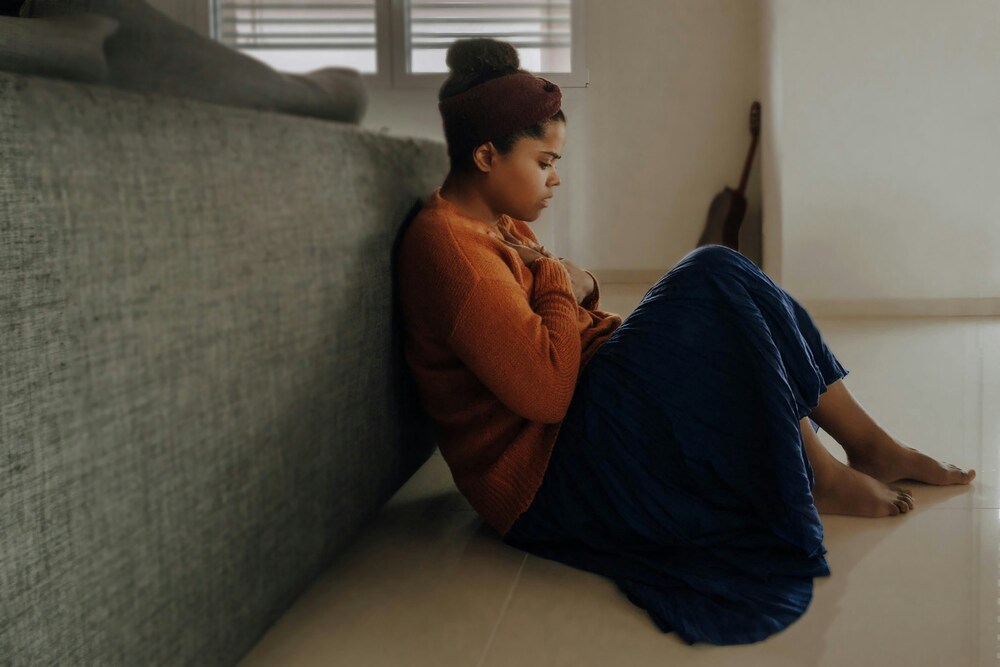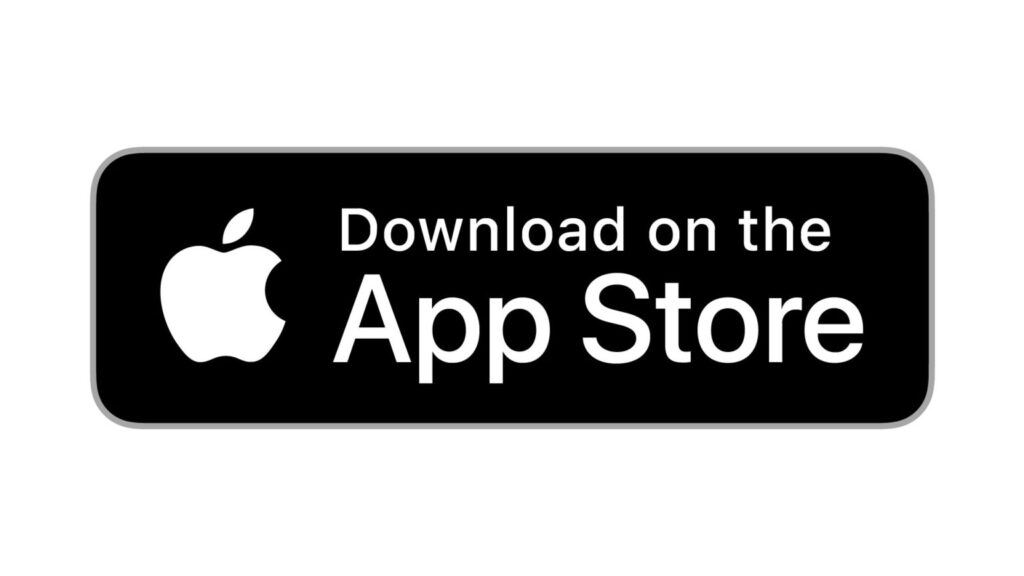Hello friends!
Today I want to dive into a topic that’s as complex as it is common: why do we reach for that glass of wine, or perhaps something stronger, when the weight of the world presses down on our shoulders? Join me in unpacking the science behind alcohol and anxiety, and why breaking free from this cycle is not just liberating but vital for our well-being.
First off, let’s talk brain chemistry. Our brains are intricate networks of neurons constantly firing off signals, regulating our moods, emotions and behaviours. When anxiety hits, it’s like a storm brewing in this delicate ecosystem. We seek relief, and alcohol often seems like the perfect escape route. It temporarily dampens the activity in certain regions of the brain associated with anxiety, offering a fleeting sense of calm.
But here’s the twist: while turning to alcohol may appear to be a quick fix, it’s essentially borrowing happiness from the future. The catch lies in alcohol’s impact on the delicate balance of neurotransmitters in our brains. It amplifies the release of gamma-aminobutyric acid (GABA), a neurotransmitter that slows down brain activity, delivering the sought-after sedative effect, which people particularly crave in social situations or when aiming for improved composure (or sometimes even just to manage daily functioning, I can speak from personal experience, having often indulged in three shots of Drambuie before being able to leave the house). Simultaneously, it suppresses glutamate, the neurotransmitter responsible for excitatory signals. In essence, alcohol acts as a brake for our racing thoughts and worries.
However, this relief is short lived. As the alcohol wears off, our brain rebounds, often leaving us feeling even more anxious than before. It’s like trying to put out a fire with gasoline – it only exacerbates the problem. Plus, let’s not forget the vicious cycle of dependence that can develop. We drink to numb the anxiety, but before we know it, the anxiety worsens as our tolerance to alcohol builds, leading to increased consumption and the cycle perpetuates.
But!!! There is light at the end of this boozy tunnel. I promise! Breaking free from the clutches of alcohol and anxiety is ENTIRELY possible and it is 100% worth it! I mean, picture a life where your happiness isn’t dependent on a substance, where you wake up feeling hopeful and clear-headed, ready to tackle whatever life throws at you. But also, this newfound freedom allows you to cultivate your inner world with a clear mind, free from the haze of dysregulated emotions and heightened anxiety.
This whole journey starts with understanding that anxiety is a part of natural life – its how we respond to it that matters. Instead of drowning our worries in alcohol, let’s explore healthier coping mechanisms. Exercise, breathing, writing, quality sleep – let’s find what works for you and embrace it wholeheartedly. These activities not only help to reduce anxiety in the moment, but also promote long-term resilience, rewiring our brains for greater emotional stability.
I just also want to add that seeking professional help is nothing to be ashamed of. Psychologists and counsellors can provide invaluable tools and support to navigate the turbulent waters of anxiety without relying on alcohol as a crutch. Remember, asking for help is a sign of strength, not weakness.
And as for alcohol, well, let’s reframe our relationship with it. Let’s reclaim our power and autonomy, choosing sobriety not out of fear, but out of love for ourselves and our well-being.
A great podcast to listen to know more about the science behind alcohol and what it does to our body, brain and health is on The Huberman Lab available on Spotify and Youtube. 😊
(19) What Alcohol Does to Your Body, Brain & Health | Huberman Lab Podcast #86 – YouTube
In Strength and Love,
Mila



